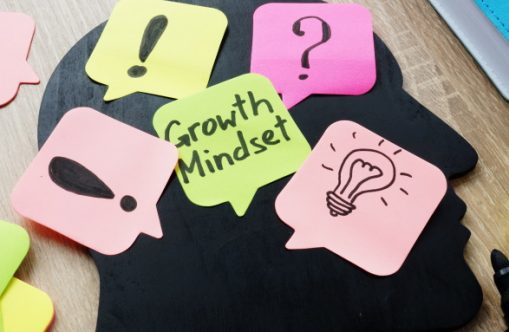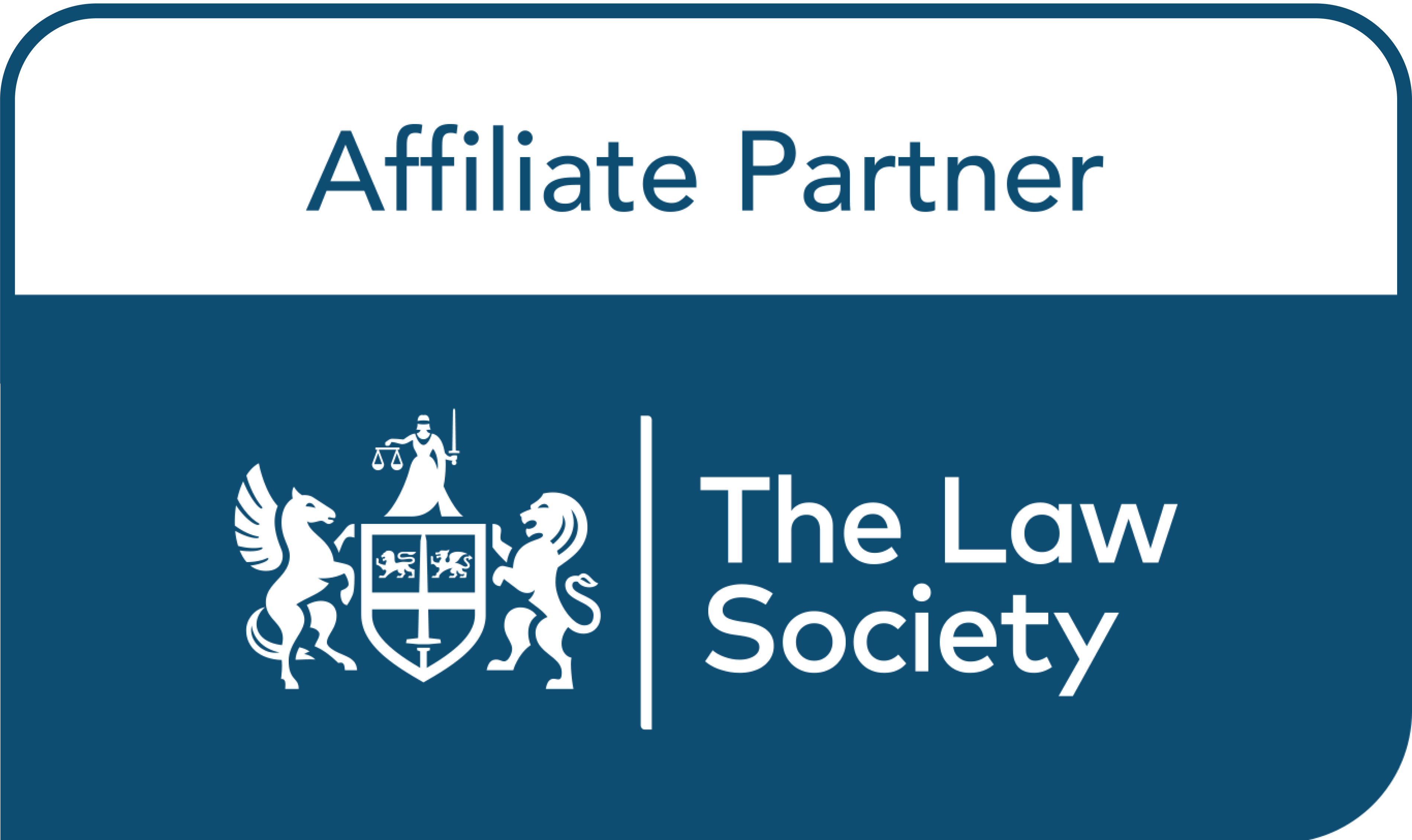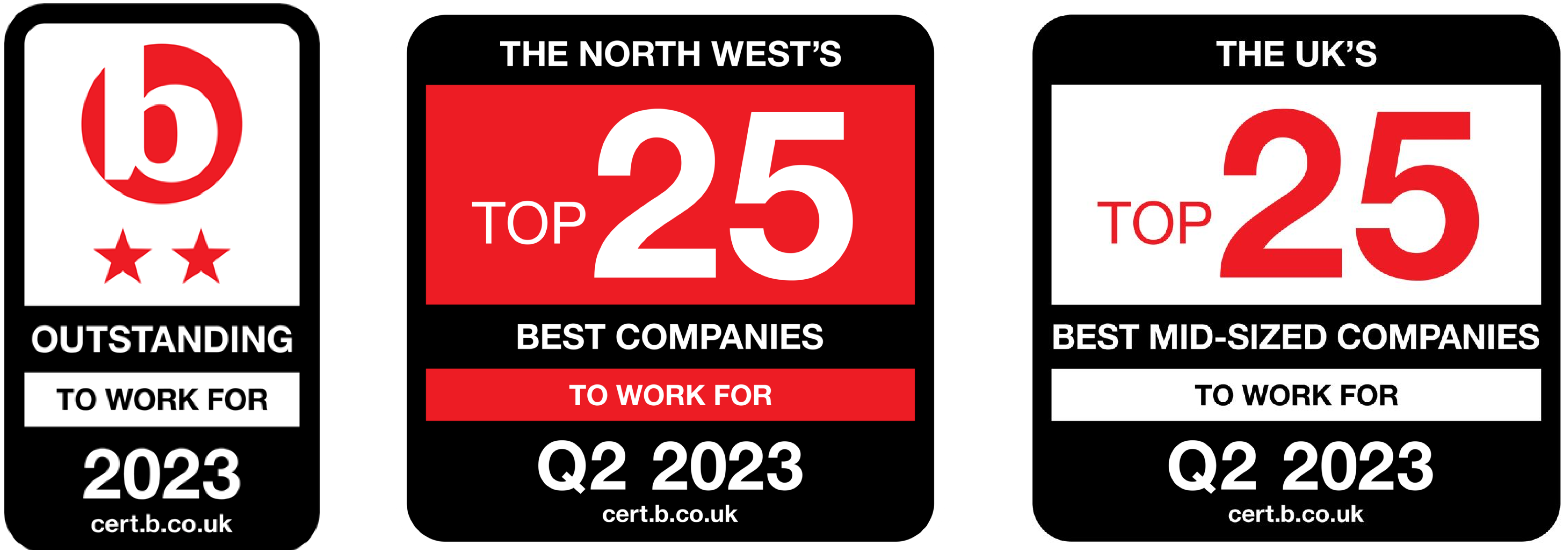
How to grow a law firm: Adopting a growth mindset
16/08/22Learnings from our webinar with Hayley Caine and Joanne Bury from Partner Potential
When Hayley Caine and Joanne Bury teamed up to form their Partner Potential business development consultancy eight years ago, it was for the sole purpose of assisting their clients adopt a ‘growth mindset’ to achieve expansion and retention objectives, and secure the future of their companies.
In our CPD-accredited 19th July webinar, ‘How to develop a growth mindset at your law firm and secure new clients’, the latest in our ongoing ‘How to start a law firm’ webinar series, our Executive Chairman Julian Bryan took on the MC role while Hayley and Joanne talked all-things growth mindset.
Here we summarise discussions about the difference between fixed and growth mindsets, components of business growth, mistakes to avoid and key takeaways…
WATCH WEBINAR
Setting the scene – a real-life example of reaching your goals
Alongside her position at Partner Potential, Joanne Bury is a university lecturer, mum of two, and Director and Solicitor of Burys Solicitors, a Clitheroe-based specialist wills, probate and conveyancing practice. Having built a thriving legal business, in Joanne’s words, she’s “done it, seen it, got the crappy t-shirt”.
Joanne began with a law degree then secured a training contract at a big Legal 500 brand in the North West of England as a criminal solicitor. She quickly realised her heart was set on being a wills and probate expert.
There’s a regulatory requirement to be five years qualified before setting up your own law firm. Ambitious from the outset, Joanne had this goal in sight and played the waiting game by lecturing, something she’s continued with over a 12-year period. Burys Solicitors has now been up and running for nine years.
As a busy businesswoman, Joanne wears many hats, life’s chaotic and she’s constantly pulled in multiple different directions. She came across Quill as she didn’t have the necessary employees to form essential departments in Burys Solicitors upon start up. That’s why she uses Quill’s outsourced cashiering service to run her legal accounts function.
Having started out with zero clients, wondering where the next client was coming from and recognising that she wasn’t trained in business development during her law school studies, she learnt the hard way. It’s her and Hayley’s aim to pass on these skills to other law firms in similar shoes.
Fixed and growth mindsets explained
The concepts of fixed and growth mindsets were first coined by academic Carol Dweck. In sum, a fixed mindset is set in its ways, with the individual believing they simply weren’t born with the right skills so it can’t be learnt.
Conversely, a growth mindset is about taking risks, being willing to learn, practising and failing, and eventually becoming accomplished by learning the requisite skills.
Can you tell which of the parrots in this YouTube video has a fixed mindset and which has a growth mindset? (Answer: the dancing cockatoo is pushing its limits and mastering the skill of dancing.)
Growth mindset in the context of business development
In business development terms, it’s a simple matter of can vs can’t. Fixed = the business development process doesn’t come naturally and you’re too introverted to try. Growth = although not yet adept at business development, you’re able to gain the right skills by taking small steps every day, overcoming your fears and accepting failure.
Approximately 5% of people are born to excel at business development and have a lot of innate personality traits needed such as being high in sociability, communication and positivity, low in neuroticism and negativity. The rest who excel at business development can overlay their innate talents with skills, knowledge, practice and a growth mindset.
Securing new clients: A ‘how to’ guide
The very idea of securing new clients puts the feeling of dread in some individuals who see it as a form of dark art. Yet, for any business to succeed, it’s dependent upon a stream of new clients. To grow your law firm, you must work in harmony with your clients at each stage of their buying journey. The way to do this can be described in four components, these being:
#1: Confidence
Being able to put your clients at ease and build rapport is key to business development. But, confidence fluctuates and it’s not something we’re taught at school. From your first impressions (a firm handshake and eye contact), to developing a relationship (by finding common ground, creating shared experiences and following the basics of good communication), to knowing your client (through understanding their headaches, recognising ways to help and taking it slowly), there are many strategies to ooze confidence. If you feel confident, your clients will feel confident in you.
#2: Planning
Develop a business development plan, put it to work and track results over time. At this pivotal stage, there are five common mistakes to avoid:
- Poor time management – juggle the plates sufficiently well and time-block tasks so you don’t end up working long hours and burning out.
- Overselling – promising too much and disproportionately raising client expectations.
- Underselling – panicking by feeling you’re not doing enough – little and often is the best approach.
- Too-long process – if you can’t streamline and cut down the time taken overall to complete matters, you can’t earn more fees.
- Pipeline too big or too little – forward planning is essential or you’ll end up in a situation where you’ve got no incoming matters which your business depends upon – alternatively, you could have too much work to manage well.
#3: Clients
In order to truly know your clients and discover their pain points, you need to research and ask powerful questions. Get the conversation flowing with the help of the ‘Deeper questions grid’ by John Sawyer. Some sample insightful questions are:
- Who is your favourite customer?
- Why would your customers recommend you?
- What would make your clients leave your office upon first meeting and know you’ve got their back?
- How would your team deal with a difficult situation?
Get this questioning phase spot on and securing new clients becomes effortless. It feels squirmy to begin with but becomes familiar and comfortable the more you do it. People love talking about themselves. If they go silent, it’s the sign of a great question. Don’t be put off – persistence pays.
#4: Processes
These are the buying steps your clients go through. It adds value to your clients by having defined processes. Uncover what new clients need. In other words, what’s bothering them, what’s causing them stress and how can you resolve those issues? To ascertain what your buyers are thinking and feeling, get inside their heads, ask more questions and observe their body language – then address their worries and risks.
It might be beneficial to map out these processes according to five buying stages:
- Problem recognition
- Information gathering
- Evaluating solutions
- Purchase
- Post-purchase
Why not do some mystery shopping by calling your competitors? This, in turn, helps to improve your own processes. Every one client is another potential ten clients due to the power of referrals, after all.
Key takeaways
If you remember anything from this blog and 19th July webinar, make sure it’s…
- Use your growth mindset to secure new clients
- Feel confident and able to put people at ease
- Know your client headaches and your solutions
- 5 ways you can help people and clients
- A set of powerful questions to expand your client base
- Avoiding mistakes in business development planning
WATCH WEBINAR
DOWNLOAD SLIDES
More from our blog

15th February
It’s a wrap: January recap and rebrand
Having returned to work rested and recuperated after the Christmas break, we’ve gotten straight into business mode in January, and completed a major phase in our integration into Dye and Durham by rebranding our digital and physical assets.

25th January
Four ways to help your team embrace new technology
Our new top tips cover choosing technology that solves your team's problems, involving your team in the decision, training everyone thoroughly in the new software and phasing in the new system.

18th December
A year in Quill: 2023 under review
In our 2023 review, we thank you for another successful year in business and take you on a trip down Memory Lane.


